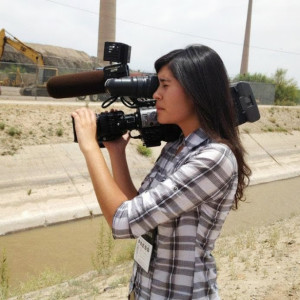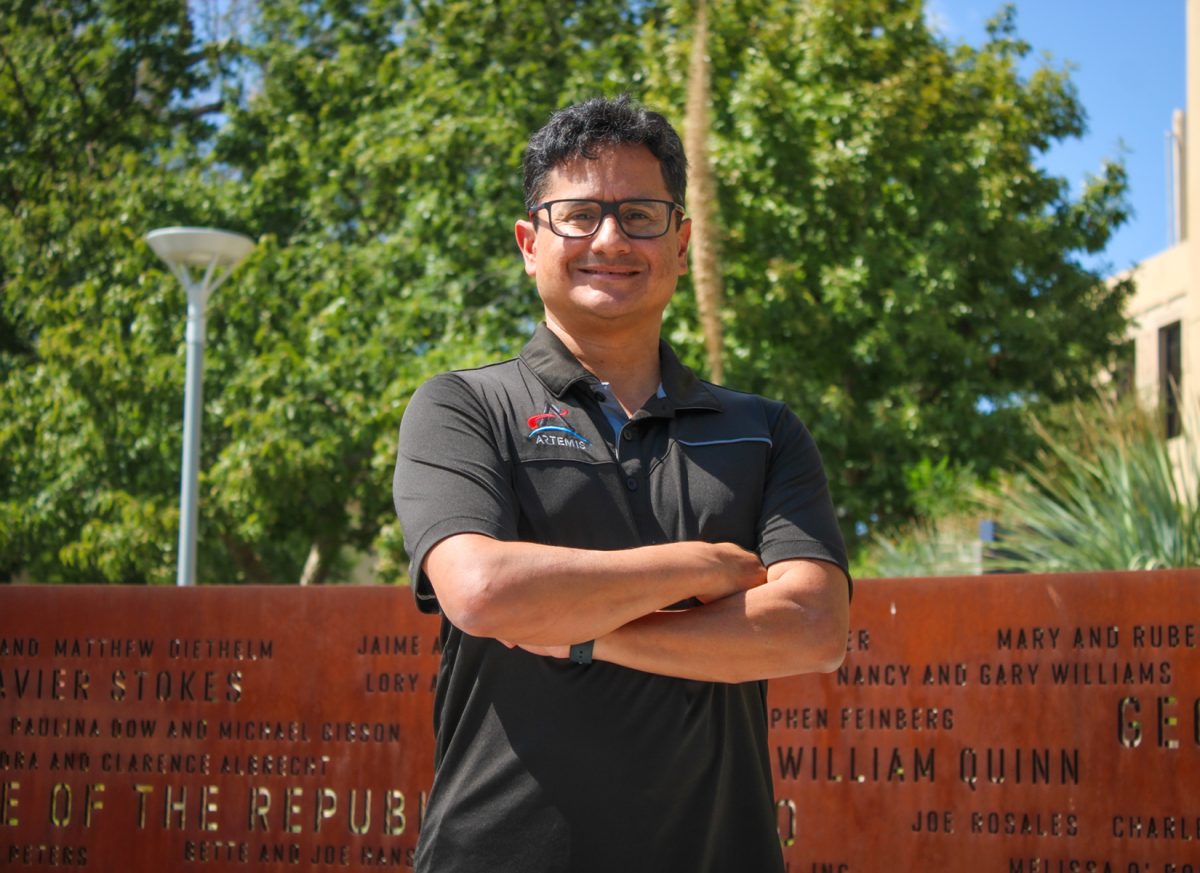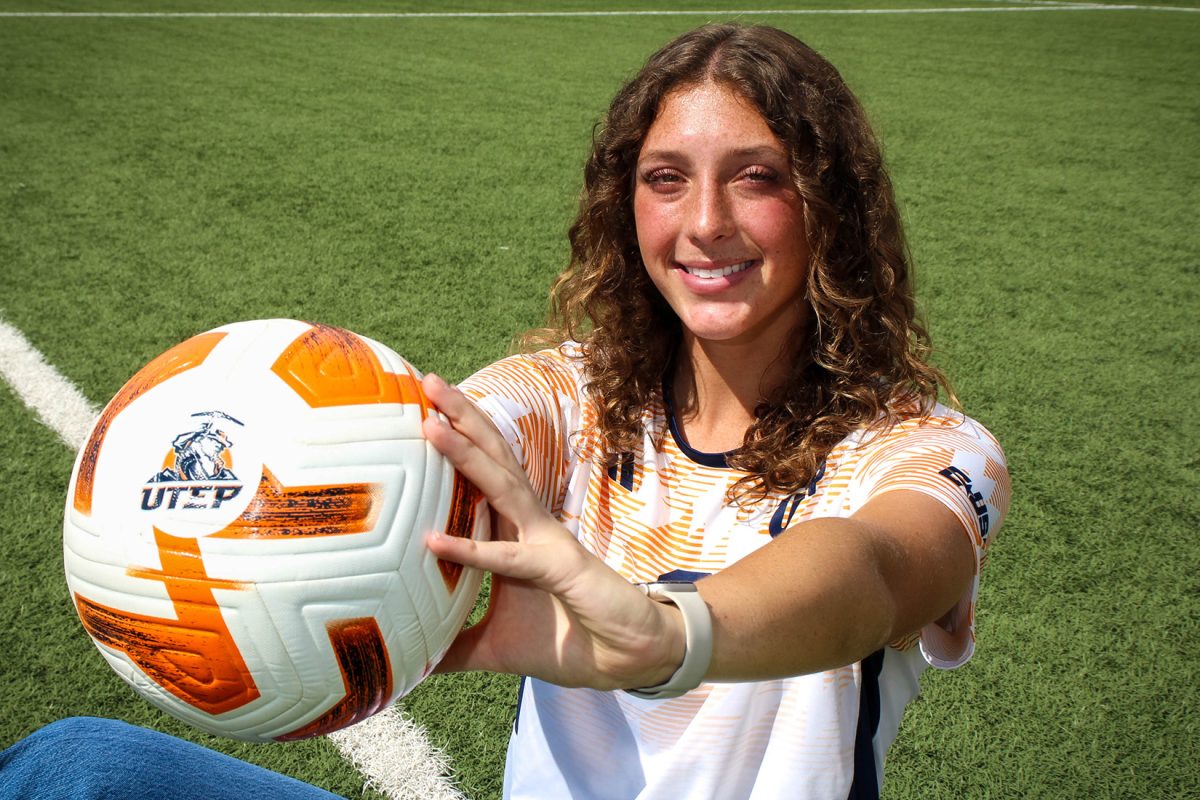The Women’s Studies Program is now conducting research on the issue of sexual assault among college students.
The Sexual Attitudes, Behaviors and Experiences Survey, originally began at Valdosta State University in Valdosta, Ga., and was an effort to change the campus’s policy. Since then, the survey has been conducted twice and has turned its focus on UTEP and the El Paso community.
Brenda Risch, Women’s Studies Program director, began conducting surveys of more than 1,000 college students in fall 2013 for SABES-three. Risch said she believes that SABES-three is probably the biggest sample size of sexual attitudes and experiences of Hispanic students in the nation.
“College populations who are Hispanic or Latino are very rarely surveyed about these issues,” Risch said. “And when they are, they are vastly in the minority.”
SABES-three, which is currently being conducted, differs from the former surveys by focusing more on issues of power and control in intimate relationships. The survey also asks what people think constitutes sex, what they classify as consent and the background of those who have been assaulted.
The findings of the surveys conducted at UTEP have not been published yet, as they are still being analyzed and researched, but Risch said there are parts that have stood out to her.
SABES-three shows that college seniors are at a higher risk of becoming a victim of sexual assault because a partner or a family member may feel disempowered.
“We assume that they are being threatened by the fact that the person is going to be a college graduate,” Risch said. “As the family—or the student’s spouse, partner or boyfriend—becomes more anxious about that person having the power of a college education they become more and more resistant and can act out.”
The research is being conducted in light of an initiative launched by President Barack Obama in January that aims to combat sexual assault on college campuses.
According to a 2010 study conducted by the Centers for Disease Control and Prevention—the same study cited by the White House—one in five women has been sexually assaulted during her time in college. The CDC reports that 38 percent of women who are raped are between the ages of 18 and 24.
The White House report states that the college dynamic fuels the problem as many survivors are victims of “incapacitated assault,” meaning they are sexually abused while drunk, under the influence of drugs, passed out, or otherwise incapacitated.
At a press conference held Jan. 22, Obama said, “This is not an abstract issue. It affects us all.” He added “I want every man in America to feel some strong peer pressure about how they’re supposed to behave and treat a women. This starts before they get to college.”
The initiative aims to combat violence by providing funding for multidisciplinary sexual assault teams of prosecutors, health care providers and victim advocates; providing funding for sexual assault nurse examiners; and it includes new prosecutions for perpetrators who target LGBT, immigrant and Native American victims and those who live in low-income or subsidized housing.
On college campuses specifically, the initiative plans to step up federal compliances that further obligate schools to prevent and respond to assaults.
Nanci Esparza, senior English and American literature major, said she believes we live in a “rape culture,” a term used to describe a society that tolerates or excuses rape.
“I think the fact that people are always talking about false accusations, even though it happens in very small amounts—I read somewhere that you are 300 times more likely to become a professional football player than be falsely accused of rape—I think that’s a part of rape culture,” she said. “The way that we believe that it’s a natural part of life and then we try to excuse it as much as we can.”
She said that as a woman, she is constantly thinking about her protection when she is outside or drinking alone.
“I have to protect myself or else I’m going to be blamed for (being assaulted),” Esparza said.
Risch said the most shocking thing she learned from the survey is that students who had been assaulted did not seek assistance.
“(Students) are not telling anyone,” she said. “A lot of that is out of fear of being shamed publicly or not being believed or having some sort of retribution.”
Students can turn to the UTEP Student Health Center, the University Counseling Center, the UTEP Police Department, or outside resources like the Sexual Trauma and Assault Response Services or the Center Against Family Violence.
UTEP Police crime logs did not turn up any incidents of sexual assault on the UTEP campus in the last year, excluding the incidents involving David Monastere, the notorious “butt-grabber.”
Risch said this doesn’t mean students are not sexually assaulted, but because UTEP is a commuter campus, most assaults happen when students are not on campus.
Deven McCoy, senior drawing major, believes strongly that our society creates an environment in which rape is acceptable.
“The fact that we have politicians who, on numerous occasions, have normalized and even condoned rape speaks volumes of that,” he said. “Some even going as far as to say ‘rape is a blessing in disguise.’ There are even states where child visitation rights are granted to the rapist, and what this does is empower rapists and undermine the victim.”
McCoy said in order to change rape culture, blaming the victim has to stop.
“It has nothing to do with whether or not the victim was intoxicated, or what they were wearing. Rapists are the sole reason rape occurs,” he said. “The fact of the matter is, we put our victims down rather than pull them up, which needs to stop immediately.”
Although SABES-two and three were not conducted to change specific policies at any particular campus, Risch hopes that the surveys and the work done by the Women’s Studies Program could change the issue of sexual assault for the better.
Through the surveys, she hopes to promote awareness, safety and further the discussion on what consent really means.
“You know that folks don’t intervene always, even if they know they should,” Risch said. “But they are more likely to if they know they can and they are empowered to and it’s the right thing to do.”
The “Rape and Sexual Assault: A Renewed call to Action” report issued by the White House can be found here.
Part two of this series will focus on community intervention through the STARS organization.
Jasmine Aguilera may be reached at [email protected].











